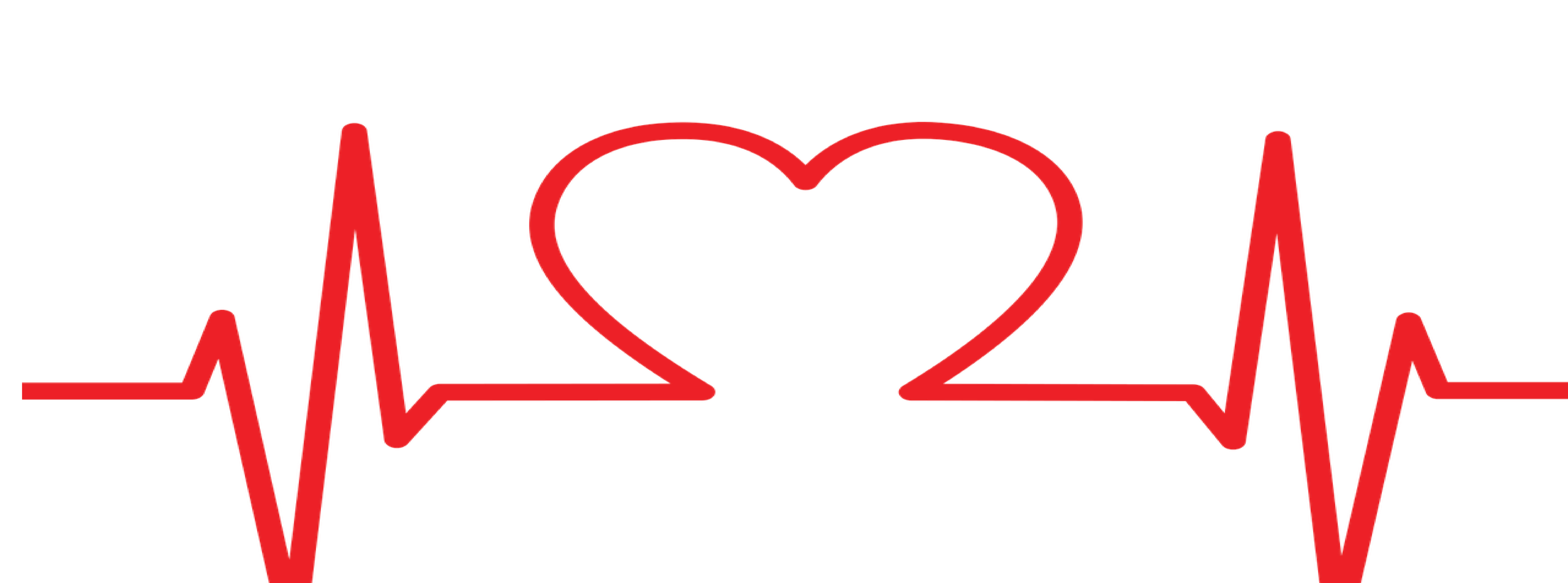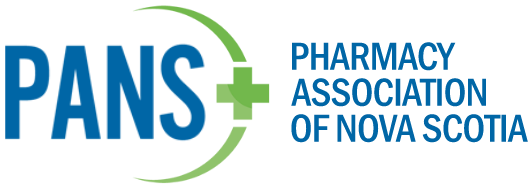
What is heart disease?
Heart disease is a general term that means that the heart is not working properly. Some forms of heart disease are present at birth, while others develop over time
Common types of heart disease include coronary artery and vascular disease, heart rhythm disorders, structural heart disease, and heart failure.
What is the difference between cardiac arrest and a heart attack?
Cardiac arrest occurs when the heart malfunctions and stops beating unexpectedly. A heart attack occurs when blood flow to the heart is blocked. A blocked artery prevents blood from reaching a section of the heart. Individuals in cardiac arrest become unresponsive almost immediately, while individuals having a heart remain conscious but are in intense discomfort.
Signs of heart disease:
- Chest discomfort
- Nausea, indigestion, heartburn, or stomach pain
- Pain that spreads to the arm
- Irregular heartbeat
- Lightheadedness
- Throat or jaw pain
- Exhaustion
- Swollen legs, feet, and ankles
- Heart Disease Treatments:
Heart disease treatments vary from person to person, depending on the type of heart disease they have. Common treatments include medications, surgeries, and procedures.
What is a stroke?
A stroke happens when blood stops flowing to any part of the brain, damaging brain cells. The effects of a stroke depend on the part of the brain that was damaged and how much damage was done.
Signs of a Stroke:
Stroke Treatments:
Treatments for a stroke depend on the type of stroke a person has had. Common treatments include emergency treatment with medication and emergency procedures.
Following this, treatments focus on the recovery process. The recovery process depends on the area of the brain involved and the amount of tissue damage.
Most stroke survivors receive treatment in a rehabilitation program. This program may continue after discharge.
Causes and Risk Factors
Nine in ten Canadians have at least one risk factor of heart disease and stroke. Many risk factors are able to be fixed with changing lifestyle habits. These habits include:
- Unhealthy diet
- Physical inactivity
- Unhealthy weight
- Smoking
- Stress
- Excessive alcohol and drug abuse
Risk factors can also include conditions, such as high blood pressure, high cholesterol, diabetes, and atrial fibrillation, which all contribute to health disease.
Then there are the risk factors you cannot control, which include sex, age, family and medical history, heritage, and personal circumstance and environmental factors.
How Your Pharmacy Team Can Help
- Review and make recommedations on current or potiential medications (basic and advanced medications reviews)
- Provide information and guidance on lifestyle choices
- Provide education on your condition and work with you and otheer healthcare providers to develop a health plan to achieve your goals
Useful Links:
British Heart Foundation - https://www.youtube.com/watch?v=rXLeAGDW-Y8
Heart & Stroke Foundation - https://www.heartandstroke.ca/heart/what-is-heart-disease
American Heart Association - https://www.heart.org/
National Stroke Association - https://www.stroke.org/understand-stroke/what-is-stroke/
Cardiac Health Foundation of Canada - http://www.cardiachealth.ca/
Canadian Stroke Best Practices - https://www.strokebestpractices.ca/


